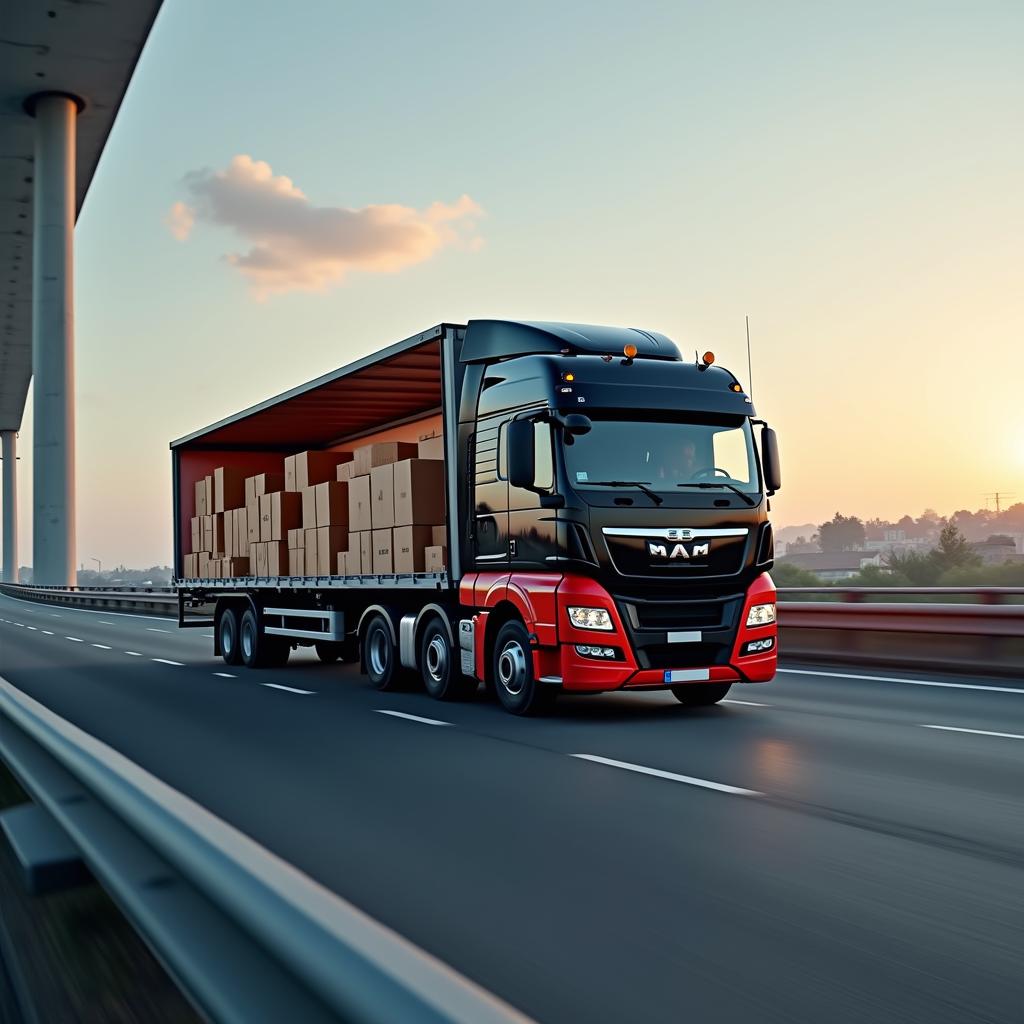The Role of Trucking in E-Commerce Delivery Trends
In today’s fast-paced digital marketplace, trucking delivery trends in e-commerce are reshaping how goods move from warehouses to doorsteps across America. As online shopping continues to surge, the trucking industry has become the backbone of the e-commerce revolution, adapting and evolving to meet unprecedented consumer demands for faster, more efficient delivery services.
The Evolution of E-Commerce Logistics
The landscape of retail has transformed dramatically over the past decade. According to recent data from the U.S. Department of Commerce, e-commerce sales have grown by over 400% since 2010, creating new challenges and opportunities for the trucking industry. This explosive growth has forced logistics providers to rethink traditional delivery models and embrace innovative solutions.
Today’s consumers expect:
- Same-day or next-day delivery options
- Real-time tracking capabilities
- Flexible delivery windows
- Competitive shipping rates
- Sustainable delivery practices
These expectations have catalyzed significant changes in how trucking companies operate and integrate with e-commerce platforms.
Technology Integration in Modern Trucking Operations
The marriage of technology and trucking has become increasingly crucial in meeting e-commerce demands. Smart logistics solutions are now essential for competitive advantage in the industry.
Key Technological Advancements
Route Optimization Software
Modern trucking fleets utilize sophisticated routing algorithms that consider multiple factors:
- Traffic patterns
- Weather conditions
- Delivery time windows
- Vehicle capacity
- Fuel efficiency
Real-Time Tracking Systems
GPS-enabled tracking provides transparency and accountability throughout the delivery process. These systems allow both businesses and consumers to monitor shipments in real-time, reducing uncertainty and improving customer satisfaction.
Last-Mile Delivery Innovation
Last-mile delivery represents the most critical and costly segment of the e-commerce supply chain. According to industry experts, this final leg can account for up to 53% of total shipping costs. Trucking companies are implementing various strategies to optimize this crucial phase:
Urban Fulfillment Centers
The establishment of smaller, strategically located warehouses in urban areas has become a game-changer for efficient delivery operations. These centers allow trucking companies to:
- Reduce delivery distances
- Decrease fuel consumption
- Improve delivery speed
- Enhance flexibility in delivery scheduling
Alternative Delivery Methods
Many trucking companies are exploring innovative last-mile solutions:
- Electric delivery vehicles for urban areas
- Cargo bikes for dense city centers
- Automated delivery lockers
- Crowdsourced delivery options
Sustainability and Environmental Considerations
Environmental consciousness has become a crucial factor in modern trucking operations. As e-commerce continues to grow, sustainable practices are increasingly important for both regulatory compliance and consumer satisfaction.
Green Initiatives in Trucking:
- Investment in electric and hybrid vehicles
- Implementation of aerodynamic truck design
- Use of alternative fuels
- Optimization of loading practices to reduce empty miles
- Development of eco-friendly packaging solutions
Challenges and Future Outlook
The trucking industry faces several challenges in meeting e-commerce delivery demands:
Current Challenges
- Driver shortage and retention issues
- Rising fuel costs
- Infrastructure limitations
- Regulatory compliance
- Competition from new market entrants
Future Trends
The future of trucking in e-commerce delivery looks promising, with several emerging trends:
- Autonomous delivery vehicles
- Blockchain integration for supply chain transparency
- Advanced predictive analytics
- Internet of Things (IoT) implementation
- Artificial Intelligence for route optimization
Adapting to Market Demands
Success in today’s e-commerce landscape requires trucking companies to be agile and responsive to changing market conditions. Key adaptation strategies include:
Flexible Delivery Options
- Time-specific delivery windows
- Same-day delivery services
- Weekend and evening deliveries
- Special handling options
Customer Communication
- Automated delivery notifications
- Real-time status updates
- Direct communication channels
- Customer feedback integration
Conclusion
The role of trucking in e-commerce delivery continues to evolve and expand, driven by technological advancement and changing consumer expectations. As we look to the future, successful trucking operations will be those that embrace innovation while maintaining reliable, efficient service delivery.
Stay ahead of the curve by partnering with experienced logistics providers who understand the complexities of modern e-commerce delivery. Contact us today at +1 206-337-4787 to learn how we can help optimize your delivery operations and meet the growing demands of the e-commerce marketplace. Let’s work together to create efficient, sustainable, and customer-focused delivery solutions that drive your business forward.
Our team of experts is ready to help you navigate the changing landscape of e-commerce delivery and implement cutting-edge solutions that will keep you competitive in today’s dynamic market. Don’t let delivery challenges hold your business back – reach out now and discover how we can transform your logistics operations for the digital age.







